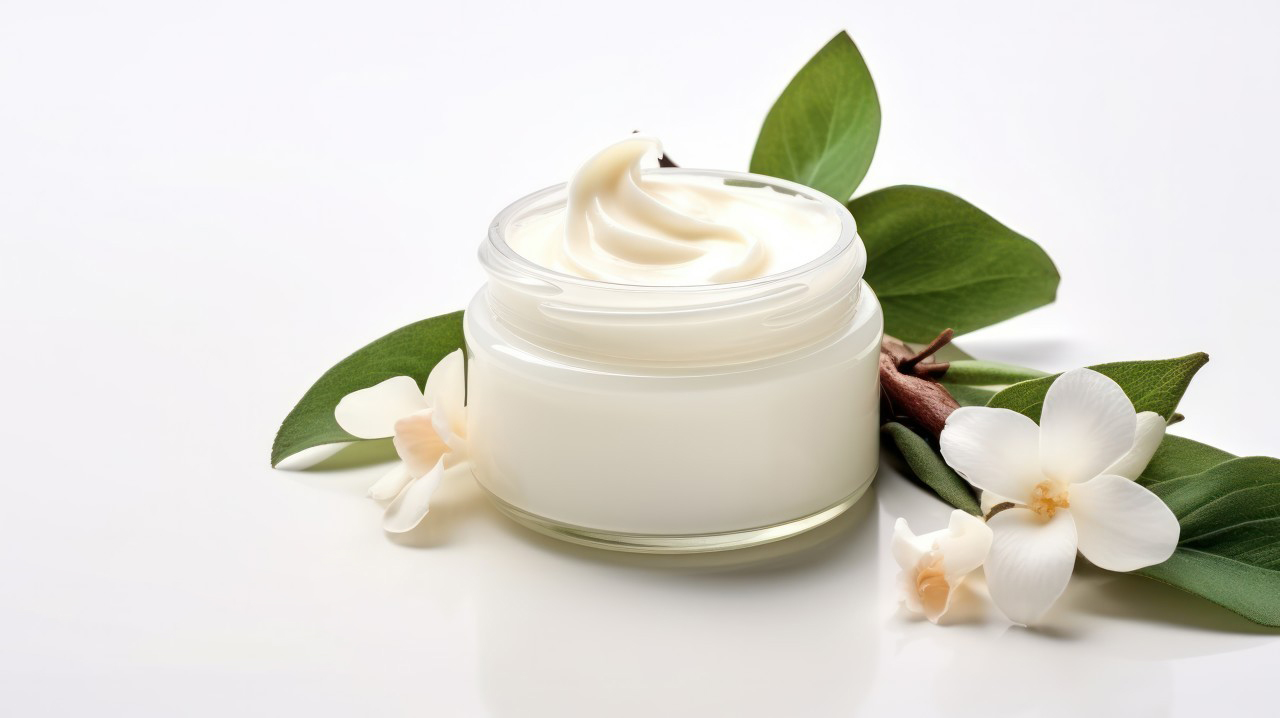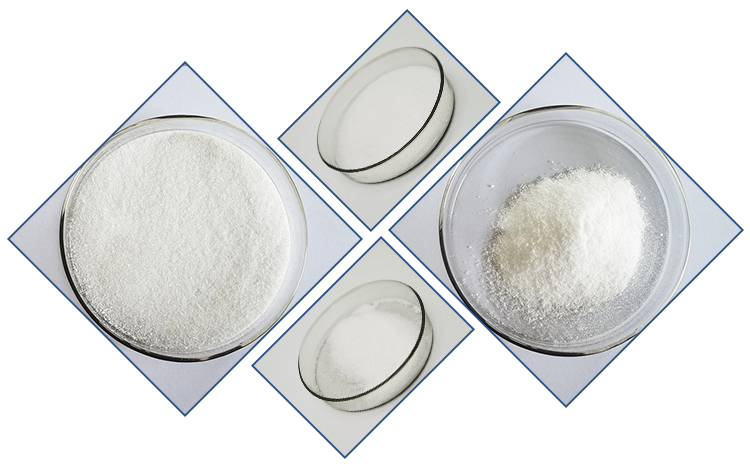“Snow White Powder” can refer to different substances depending on the context, but it is most commonly associated with Ormus (Orbitally Rearranged Monoatomic Elements) or certain forms of refined cocaine. Here, I’ll provide a comprehensive overview of both substances:
Ormus (Snow White Powder)
Ormus, often referred to as “white powder gold” or “monatomic gold,” is a substance that some alternative medicine practitioners and researchers claim has extraordinary health and spiritual benefits. It is said to be a form of matter that contains monoatomic elements such as gold, platinum, and other precious metals.
History and Background
Origins: The concept of Ormus dates back to ancient alchemy, with claims that it was used by the ancient Egyptians and other civilizations for its purported mystical properties.
Discovery: Modern interest in Ormus was rekindled in the late 20th century by David Hudson, an Arizona farmer who claimed to have discovered these substances while analyzing soil samples.
Properties and Claims
Physical Properties: Ormus is described as a white, powdery substance that exhibits unusual properties, such as superconductivity and the ability to levitate.
Health Benefits: Proponents claim that Ormus can enhance physical and mental health, improve spiritual well-being, and even activate latent DNA.
Scientific Evidence: There is little to no peer-reviewed scientific evidence supporting the extraordinary claims about Ormus. Most of the information is anecdotal or from non-scientific sources.

Preparation and Usage
Extraction: Ormus is typically extracted from natural sources like seawater, volcanic soil, or certain mineral-rich areas through chemical processes involving acids and alkalis.
Consumption: It is often ingested as a supplement or applied topically. Users report a variety of effects, but these are largely unverified by scientific research.
Cocaine (Snow White Powder)
Cocaine, commonly referred to as “snow” or “white powder,” is a powerful stimulant drug derived from the coca plant native to South America.
History and Background
Origins: The coca leaf has been used for thousands of years by indigenous peoples of the Andes for its stimulant effects. Cocaine was first isolated from coca leaves in the mid-19th century.
Medical Use: In the early 20th century, cocaine was used in various medicinal products and as a local anesthetic. Its non-medical use was later controlled and became illegal in many countries.
Properties and Effects
Chemical Structure: Cocaine is a tropane alkaloid with the chemical formula C17H21NO4.
Effects on the Body: It acts primarily on the central nervous system by inhibiting the reuptake of neurotransmitters like dopamine, serotonin, and norepinephrine, leading to intense euphoria, increased energy, and alertness.
Health Risks: Cocaine is highly addictive and can cause serious health issues, including cardiovascular problems, respiratory failure, neurological effects, and mental health disorders.

Legal Status and Control
Legal Status: Cocaine is classified as a Schedule II drug in the United States, indicating that it has a high potential for abuse but can be used legally for medical purposes in specific, controlled situations.
Control Measures: The production, distribution, and use of cocaine are tightly controlled by law enforcement agencies worldwide. Efforts to combat cocaine trafficking include international cooperation and interdiction strategies.
Conclusion
While “Snow White Powder” can refer to both Ormus and cocaine, they are fundamentally different substances with vastly different uses, origins, and implications. Ormus remains a topic of interest primarily within alternative health and spiritual communities, with little scientific backing. Cocaine, on the other hand, is a well-studied drug with known effects and significant health risks, heavily regulated due to its potential for abuse.
